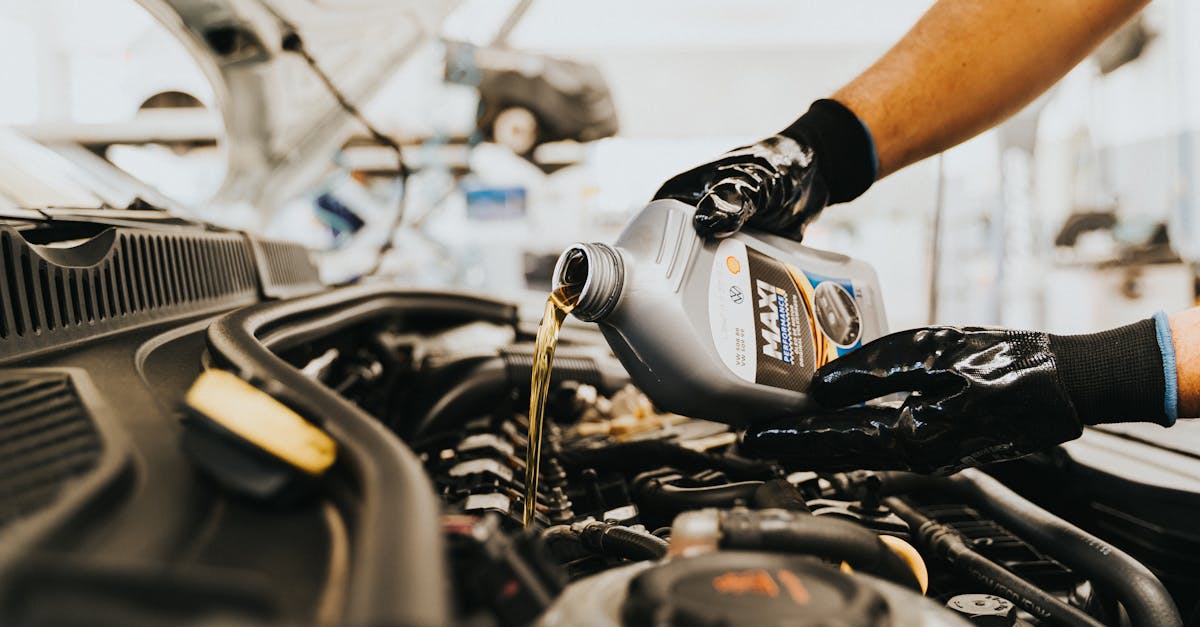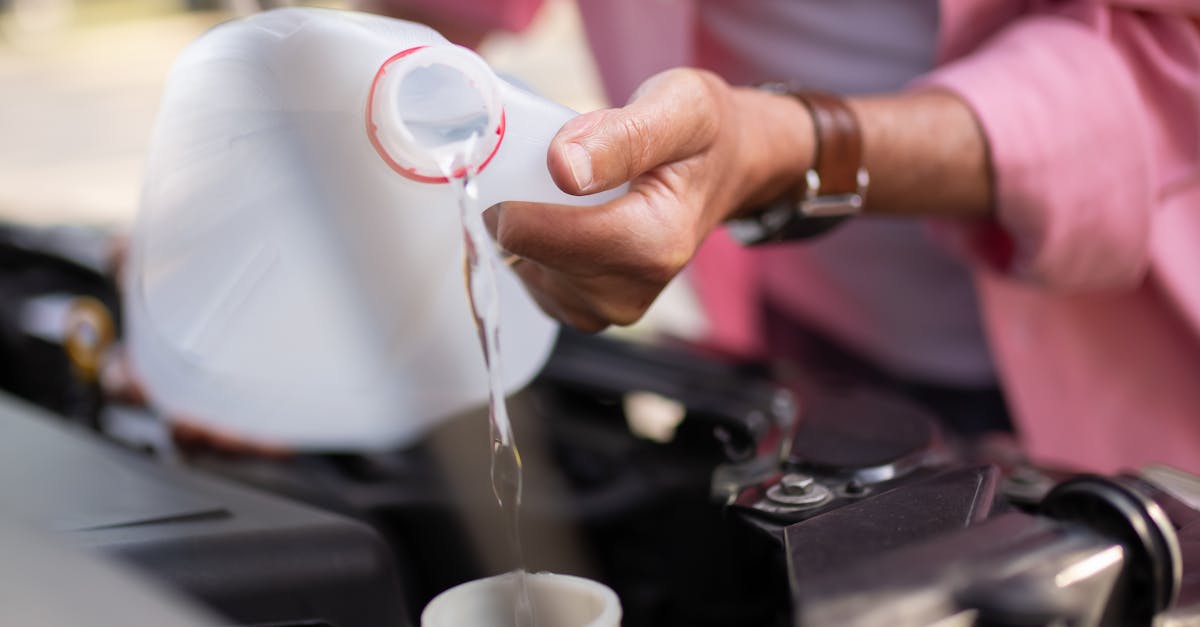The 8 Most Important Winter Car Repairs to Prevent an Expensive Breakdown
Antifreeze and Coolant: Keeping the Engine from Freezing
Antifreeze, or coolant, is essential for regulating your engine's temperature, especially in winter. It prevents the engine from freezing and cracking in cold weather and from overheating in warmer conditions. Check the antifreeze levels and its mixture ratio; a 50/50 mix of antifreeze and water is typically recommended for most climates. Additionally, inspect the coolant system for leaks, as even a small leak can lead to significant engine damage. Flushing and replacing the coolant every two years can prevent corrosion and buildup, ensuring your engine remains in peak condition.
Oil Changes: Maintaining Engine Efficiency

Oil is the lifeblood of your engine, and its viscosity can be affected by cold temperatures. In winter, oil thickens, making it harder for the engine to turn over. Switching to a winter-grade oil with a lower viscosity can help maintain proper lubrication. Regular oil changes are crucial, as dirty oil can lead to increased engine wear and reduced efficiency. Consult your vehicle's manual or a trusted mechanic to determine the best oil for winter conditions. Keeping up with oil changes not only ensures smooth engine performance but also extends the life of your vehicle.
